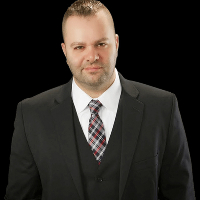Woodstock Misdemeanor Lawyer, Maryland
Sponsored Law Firm
-
 x
x

Click For More Info:
-
Roper & DiBlasio LLP
401 Headquarters Dr Ste 202 Millersville, MD 21108» view mapDivorce and Family Law Our Mission is Your Success
Roper & DiBlasio is a general practice law firm working within the local community to assist businesses, homeowners, and individuals with their legal needs.
800-785-7781
Oleg Fastovsky
Criminal, DUI-DWI, Felony, Misdemeanor
Oleg Fastovsky is a lawyer in the state of Maryland who handles Criminal cases. He has tried cases in the areas of assault, drug charges, DUI, felon... (more)
Kush Arora
Criminal, DUI-DWI, Felony, Misdemeanor, White Collar Crime
Kush Arora is a lawyer in the state of Maryland who focuses on Criminal cases. He has tried cases in the areas of assault, DUI, drug charges, bur... (more)
Jason A. Kerpelman
Traffic, Misdemeanor, DUI-DWI, Criminal
Status: In Good Standing Licensed: 26 Years
FREE CONSULTATION
CONTACTRaymond Nicholas
Accident & Injury, Securities, Misdemeanor, Business
Status: In Good Standing Licensed: 8 Years
FREE CONSULTATION
CONTACTFREE CONSULTATION
CONTACTFREE CONSULTATION
CONTACT Kurt Roper Millersville, MD
Kurt Roper Millersville, MD Practice AreasExpertise
Practice AreasExpertise




